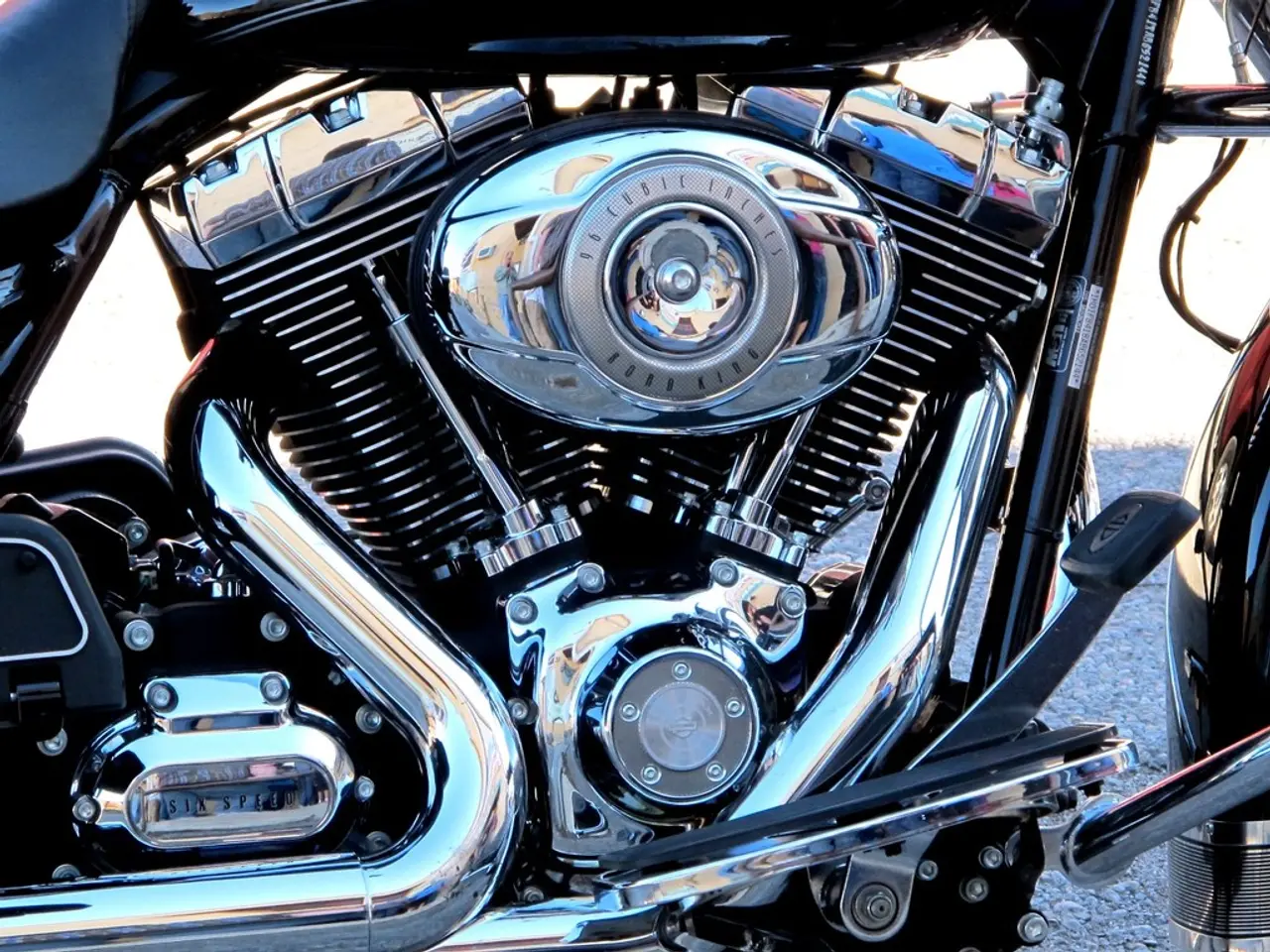Foundry Industry Faces Challenges, Sees Opportunities in Defense and Security
The foundry industry, a critical sector for defense and security, faces significant challenges but also sees new opportunities. The demand for cast products, particularly in the automotive and defense sectors, remains high, while foundries must adapt to meet climate goals and global market shifts.
Cast aluminum products, due to their versatility and affordability, dominate the market and are expected to maintain their lead. They are widely used in the automotive industry and for household items. Light metal casting, crucial in aerospace, is also increasing in relevance for land vehicles, used in structural components, housings, and carriers for radar and weapon systems.
Global conflicts and geopolitical tensions are driving investments in defense and autotrader programs, presenting new opportunities for foundries. Cast iron, medium to high relevance, is especially important for ground vehicles, used in engine blocks, gear housings, and brake components. Without casting, many essential defense and security components would not be possible, including tanks, artillery, naval vessels, and lightweight vehicle concepts.
The European foundry industry is under pressure due to the transition to climate-neutral production, the automotive industry crisis, EU regulations, geopolitical tensions, global market shifts, competition from China, and social uncertainty. Foundries are exploring new fields of application to compensate for the decline in traditional markets, particularly automotive. Steel casting, highly relevant, is used for armored vehicles, gun components, and heavily loaded structural parts in ships and submarines. Investment casting/precision casting, also highly relevant, is used for turbine blades, precision parts for missiles, and components for optical and electronic news.







